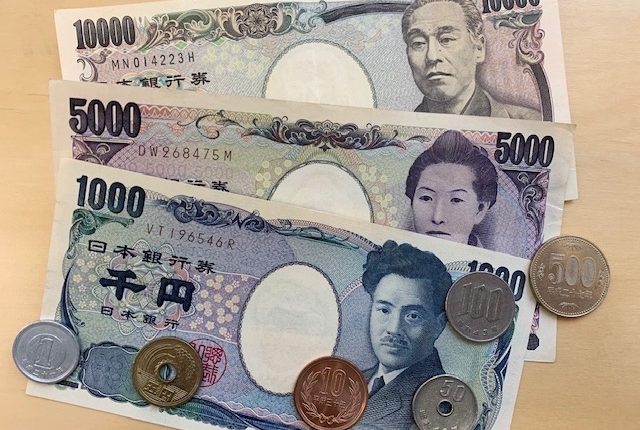With open interest for near-dated yen futures recording a six-year high, the traders piled into hedges against further falls in the currency and possible intervention by Japanese authorities, Bloomberg reported on Thursday.
Data as of Tuesday’s close show that open interest exceeded levels observed before a series of interventions that occurred in late 2022. The country’s top foreign exchange official stated on Wednesday that authorities will remain ready to take necessary action if needed, with the yen falling past 150 to the U.S. dollar and potentially heading towards levels last seen in 1990.
On Thursday, the yen gained 0.2 per cent ground to 150.25 as the greenback declined due to a drop in Treasury yields. The government data indicated that the economy entered a recession, casting doubt on the possibility that the Bank of Japan’s negative interest rate policy would end, so the gain in the value of the Japanese yen was only marginal.
Traders Win Thin and Elias Haddad of Brown Brothers Harriman & Co. told Bloomberg that they expect the dollar-yen “will ultimately test and eventually surpass that 2022 high the longer that BOJ liftoff is delayed,” in a research note. It reached a peak of 151.95.
The next critical level for the yen, according to Tokyo currency strategists, is roughly 152 per dollar, where authorities are probably going to go on high alert but refrain from intervening in the market.
The speculation surrounding the central bank’s policy may have contributed to the increase in yen positions. The March contract, which will cease trading on March 18, the day the central bank begins its two-day policy meeting, has the majority of open interest in futures.
Moreover, dollar-yen one-week risk reversals hovered around the highest level since July, suggesting that demand for hedges against a stronger Japanese currency is waning.
However, not all indicators suggest that the yen is weakening or that an intervention is likely since longer-dated risk reversals continue to be bullish on the yen. The expected movements of an outlier, or option convexity, is approximately half of what it was during the previous two instances when the spot traded above 150.
“The Ministry of Finance is very wary, but it is unlikely to intervene,” said Hideki Shibata, a senior rates and currency strategist at Tokai Tokyo Research Institute. “Even if they could, it would probably be ineffective.”


